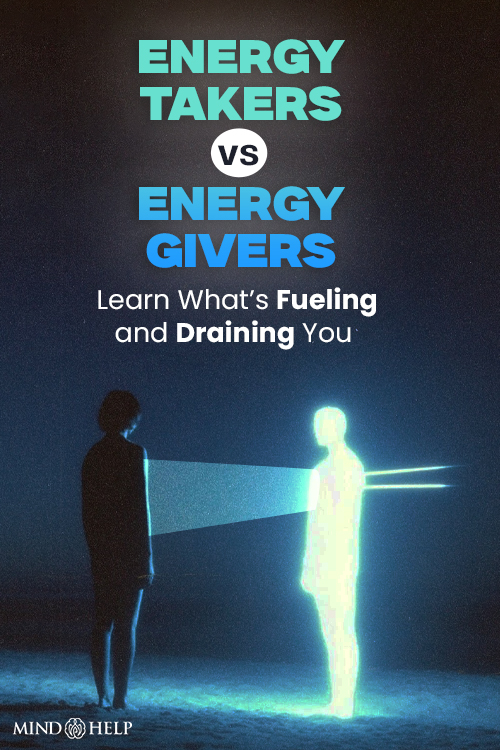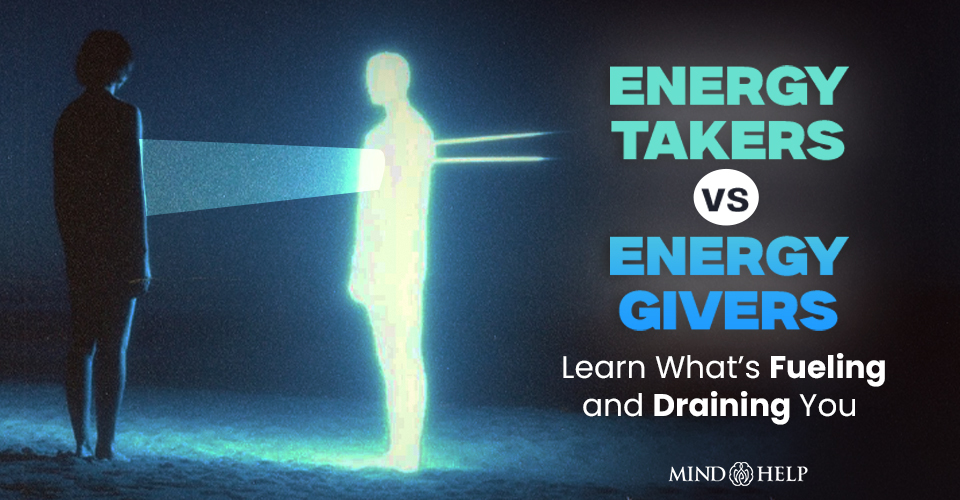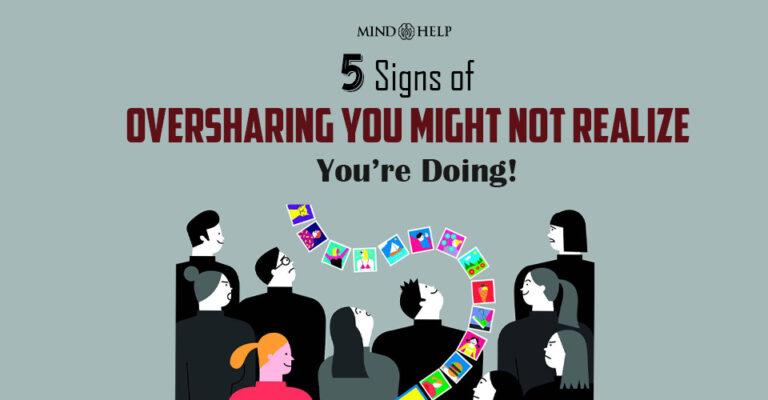We often overlook how much energy takers vs energy givers shape our daily lives, not just physically, but also mentally and emotionally.
Some moments and people recharge our spirits, while others quietly drain us, leaving behind stress, fatigue, or even self-doubt.
Psychologists point out that energy is deeply linked to the nervous system, emotional regulation, and the way the brain processes stress and connection.
So, together let’s explore habits, environments, and relationships that uplift us and the ones that deplete us, so we that we have the power to protect our energies and create more balance in life.
How To Differentiate Between Energy Takers Vs Energy Givers
1. Feelings during and after
If you leave a conversation/activity feeling lighter, calmer, or more motivated, that’s an energy giver. But if you feel wiped out, irritated, or stressed, that’s probably an energy taker.
2. Check for patterns over time
Some habits or interactions don’t feel draining immediately, but repeated exposure leaves you worn out. Pay attention to what consistently boosts or saps your energy.
3. Notice your body and mind
Feeling alert, focused, or relaxed usually means it’s giving you energy. But if tension, fatigue, headaches, or mental fog arises then these are some of the signs of energy takers.
Now, let’s dive into energy takers vs energy givers to help you spot what lifts you up and what pulls your energy away!

Read more here: 10 Good Habits To Start (And Actually Keep For Life)
Habits and People That Drain You
Psychologically, energy takers often activate your stress response system. They trigger heightened cortisol (stress hormone) levels, keep the brain in a loop of hypervigilance, or mental overload.
Over time, this creates emotional fatigue, burnout, and even physical symptoms like headaches or muscle tension. So between energy givers vs energy takers, let’s find what drains you out. Chances are you engage in it at least once a week!
Common Energy-Draining Habits
- People-pleasing – Suppressing your own needs to gain approval triggers anxiety and resentment. Over time, it damages self-esteem and identity.
- Too much screen time/social media – Excessive scrolling overstimulates dopamine pathways, leaving you restless and unfocused instead of recharged.
- Fear, doubt, and stress – Chronic worry keeps the amygdala (the brain’s fear center) overactive, consuming emotional resources.
- Overthinking – Cognitive rumination traps the brain in repetitive thought cycles, linked to anxiety and depression.
- Clutter and mess – Environmental psychologists suggest clutter overwhelms the brain with stimuli, leading to reduced clarity and focus.
- Dehydration – Even mild dehydration impairs concentration and mood regulation.
- Poor diet or junk food – Nutritional deficiencies disrupt brain chemistry, lowering serotonin and energy levels.
- Overworking – Chronic overwork hijacks your nervous system and leads to burnout, as rest cycles are ignored.
- No movement – Sedentary behavior reduces blood flow to the brain, impacting mood and cognition.
- Living in the past or autopilot mode – Psychologists call this default mode network overdrive, where your mind is stuck in memory or daydream loops, draining presence and vitality.
People Who Drain Your Energy
- Chronic complainers – Constant negativity wires your brain toward pessimism and drains emotional resilience.
- Overly critical/judgmental people – Being under scrutiny triggers social anxiety and self-doubt.
- Co-dependent people – Their reliance creates emotional enmeshment, which blurs your boundaries and depletes self-agency.
- Drama-seekers – Exposure to constant emotional upheaval activates stress hormones and disrupts inner calm.
- Egocentric narcissists – Their lack of empathy forces you into emotional labor, leaving you feeling unseen and undervalued.
The Energy Givers: Habits and People That Uplift You
Psychologists note that uplifting activities boost neurotransmitters like serotonin, dopamine, and oxytocin, chemicals associated with happiness, motivation, and connection.
Energy-Boosting Habits
- Sunlight and fresh air – Natural light regulates circadian rhythms and boosts serotonin, improving mood and alertness.
- Balanced food and fitness – Exercise increases endorphins, while nutrition stabilizes blood sugar and brain function, fueling mental clarity.
- Self-care and mindful breathing – Deep breathing stimulates the vagus nerve, lowering stress and calming the nervous system.
- Healthy love and intimacy – Safe emotional connections increase oxytocin, reducing anxiety and building security.
- Mindfulness – Training attention to the present strengthens the prefrontal cortex and reduces rumination.
- Cuddles from a pet – Animal interaction releases oxytocin, lowering cortisol and boosting positive emotions.
- Positive affirmations – Repeating empowering thoughts reshapes neural pathways, strengthening resilience against self-doubt.
- Living in the present – Staying mindful keeps the brain from wasting energy on regrets or worries.
- Gratitude practice – Neuroscience shows gratitude rewires the brain toward optimism and resilience.
- Decluttering – Organized spaces reduce sensory overload, freeing cognitive resources.
People Who Uplift You
- The Supportive Friend – Provides emotional validation, reducing stress and strengthening belonging.
- The Guide – Inspires growth and resilience, often boosting motivation through mentorship.
- The Rock – Offers stability, which psychologically reduces uncertainty and promotes calm.
- The Optimist – Helps shift your perspective toward solutions rather than problems, strengthening emotional resilience.
- The Motivator – Encourages self-efficacy, which is linked to higher confidence and life satisfaction.
Read more here: Workplace Burnout: 7 Warning Signs That Demand Your Attention
Finding Balance Between Energy Givers and Takers
Psychologists emphasize that energy management is less about avoiding discomfort and more about building strength. So when it comes to energy givers and energy takers, let’s not eliminate challenges but learn to strike balance with restorative practices.
- Journaling helps you spot patterns of what drains vs restores you.
- Protect your nervous system by limiting exposure to draining people or habits.
- Begin your day with grounding practices (movement, gratitude, mindfulness) so you build resilience for challenges ahead.
- Freeing mental bandwidth reduces cognitive overload.
- Social psychology shows supportive relationships act as a buffer against stress.
Protecting your energy is not about control or perfection, it’s about awareness. Choosing givers than takers, helps to bring a shift in your brain chemistry, emotional state, and vitality leading to growth, and fulfillment.
So are you ready to nurture your spirit? Among energy givers and energy takers, which one will you choose? Let us know in the comments below!








